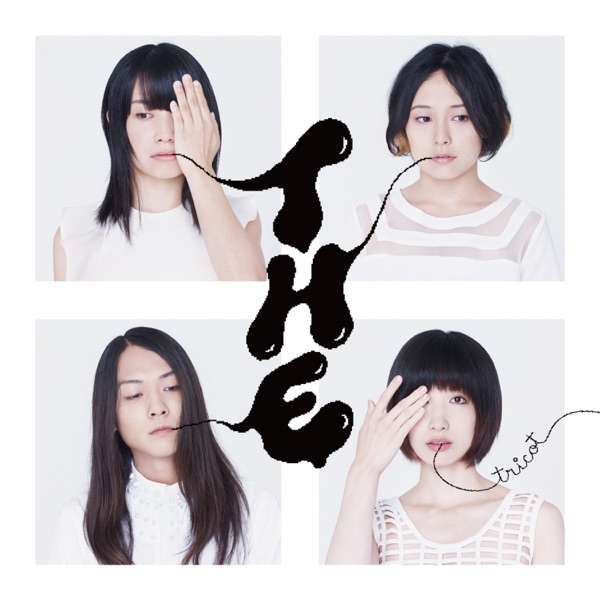T H E, by Tricot
Suggested by Luke Kay
Music, by genre, has a unique attribute. It is the shorthand to capture an emotional state.
Some genres are simple to quantify in this way. Blues, for instance, is the sound of futility. Some might say it’s the sound of sadness or despair, but I think it’s more specific than that. Blues has a quality of sadness that is external to the central figure, as if it’s the weight of the world that’s creating the issues rather than any internal feeling of depression. My dog’s died, my woman’s left me, I’ve no money, my life is awful, all I have is this cheap guitar… that’s the Blues.
Anger used to be encapsulated by Heavy Metal, but nowadays that emotion resides in Rap, with each snarling rhyme a slicing slash to the throat of the unprepared. The ferocious authenticity behind such a strident sound jabs a dagger into the listener’s diaphragm, before grabbing them by their lapels and forcing them to pay close attention. As for Metal, it’s become Prog proudly peacocking its smugness, or doomladen gloom that’s plundering fear in all its forms.
It’s a fun game, notating the emotion of musical genres. There’s scope for personal interpretation, but let’s throw out a couple. Ska… ska is Confidence, full of swagger, bluff and bluster. Folk… folk is Nostalgia, it’s friends and family and laughing while getting drunk. Reggae… reggae is Optimism, one loud uplifting yell to a callous and indifferent sky.
And T H E, by Japanese Math Rockers Tricot, is one hundred percent pure Anxiety.
While each singular aspect of the Tricot math rock sound is designed to eke out the raw palpitations, it’s the drumming at the core that sets the mind racing and the nerves jangling. Exacting and tight, each inch is packed with as many breathless snares and rolled high-hats as possible, as if the drummer is being paid for each individual strike. As impressive as the loaded pause and shifted signatures may be, the stuttering style created brooks no comfort and ups the nervous tension in the room tenfold. Couple that with the incessant buzz of a stinging guitar, like an angry wasp or a flitting hummingbird, and you’ve music which demands you take medication to stop the room spinning.
The dextrous Japanese vocal, while expressive and tuneful, does little to mitigate the jangling miasma. It’s paced to keep time with the fluttering heartbeat of the music, and almost acts like a trilling piccolo or intricate glockenspiel, with the language barrier reinforcing its sense of manic desperation.
Only two songs from the thirteen manage to distinguish themselves from the tremulous caffeine-addled cacophony. There’s Pool, which achieves a more straightforward rock approach, and the mellower Swimming, which is likely the most tuneful on the album. Nevertheless, my standout track is Omotenashi, as it’s the purest example of the Anxiety aesthetic that the album displays.
I give this album 6/10. While it’s crammed with a delicate beauty, it sets my teeth on edge and makes my muscles tense. The pandemic is making me anxious enough, thanks. I don’t need my music to give me chest pains too.
